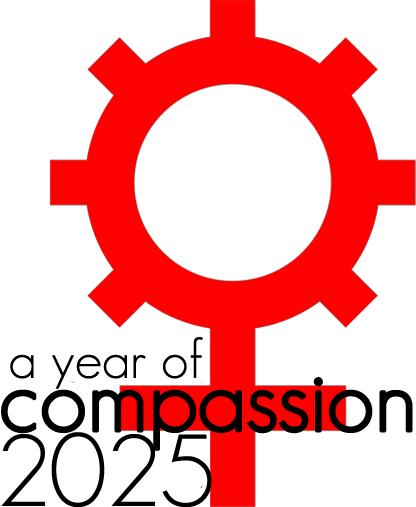Dear Diary,
I wrote previously, ‘Hope is the mechanism for meaning.’ Through this concept we call ‘hope,’ we convert motivations and aspirations into actions. We may not always believe the outcome of our actions will yield consequences favorable to us, but we put forth the effort anyway. We test the odds because inaction is too great a pain versus the risk of failure. We can look at ourselves in the mirror, knowing we gave it our all rather than bearing the quiet burden of not having tried. The meaning is in the effort; the purpose is in the living.
We are imperfect beings. We filter life through a series of imperfect things and sometimes come up short in our execution, even though our heart was in the right place. The mistakes of the past yield errors of the present. Some cycles are harder to break and spawn new ones in the cessation attempts. Our habitual tendencies to be imperfect make practicing forgiveness more critical in the pursuit of a peaceful existence. If hope is a mechanism for meaning, what is forgiveness?
Guilt is a driver for change. Guilt tells us there is something wrong, and we need to do something about it. When we make mistakes, we feel guilty because we want to change the situation: how we think, how we made someone else feel, or some other consequence of our actions. Forgiveness is the mechanism to relieve the burden of change in an acute or urgent sense. We can still understand the need to improve and do better without being weighed down by guilt to the point of paralysis or dysfunction.
On the other side of the coin, Anger is the mechanism for protection and can also be a tool for change. Guilt can be insidious, depressing, and something that corrupts from within. Anger can be explosive, self-maintaining, and destructive. Both can lead to cycles of one due to the other. Forgiveness can stop the process by relieving the burden of pressure. We can still want to protect something without needing to be angry. We can still understand the consequences of our actions without needing to be guilty. We can still desire and pursue change proactively instead of chasing it as a reaction to a mistake.
Practicing forgiveness removes the pressure from us to be solely reactive people trapped in cycles of negative emotions and gives us the time and space to improve in a healthy, sustainable fashion. Practicing forgiveness isn’t always easy; the pressure we put on ourselves can be immense, and as such, removing it can be a complicated process. Healing, however, is worth it in the long run. We, as living, breathing people, are worth it. We are full of hopes, dreams, love, and a legacy of successes to carry on, even if we make mistakes along the way.
